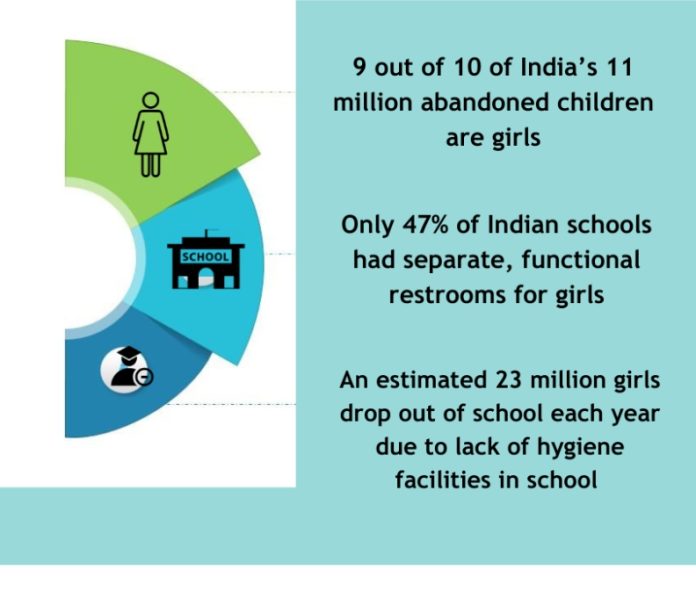– Fareena Hussaini
Margao, Goa
Education is one of the most powerful tools for empowerment and development. The female literacy rate in India has been steadily increasing over the years, according to the 2011 Census. Girl education in India is showing a significant improvement but still faces challenges, with high primary enrolment but lower secondary and higher education rates. Millions of girls face barriers that prevent them from accessing quality education. These challenges not only affect their personal growth but also impact the progress of their families, communities, and the nation as a whole.
In a narration by Prophet Muhammad ﷺ said: “Seeking knowledge is obligatory for all Muslims.” Here the tradition infers that knowledge acquisition is not right but a responsibility that all Muslims, male or female, have to abide by.
Many girls in India are unable to attend or continue schooling due to multiple social and infrastructural challenges.
Safety Concerns: Girls often fear sexual assault or harassment, especially in schools lacking secure environments and adequate sanitation facilities. Unsafe roads and long travel distances also discourage parents from sending their daughters to school, particularly in rural areas.
Lack of Infrastructure: Many schools do not have separate or functional toilets for girls, clean drinking water or proper hygiene facilities. During menstruation, this becomes a major obstacle, as girls often stay home due to discomfort, lack of sanitation or social taboos.
Gender Based Violence and Discrimination: From bullying and abuse to unequal treatment, girls face several forms of discrimination that affect their confidence and performance in school.
Health and Nutrition Issues: Poor nutrition and health also affect attendance and learning outcomes, reducing girl’s ability to perform well academically.
When girls are educated, the benefits extend far beyond individual achievement. Educated women contribute to stronger families, healthier communities and more prosperous nations. Education helps reduce child mortality, promotes better health and hygiene, strengthens the local economy, and builds a more equal and democratic society.
To ensure that every girl has the opportunity to learn, several steps need to be taken.
Authorities and NGOs should work together to provide safe transportation, separate and hygienic toilets and secure school environments.
Schools should train teachers to understand and support the unique needs of girls, while setting up anti-harassment policies and grievance-handling systems.
Governments must enforce laws that protect women from violence, discrimination and exploitation, and ensure that support systems like helplines and counselling centres are accessible.
Parents and communities need to be educated about the importance of girl’s education and the steps that can be taken to ensure their safety and well being.
Providing financial incentives and scholarships can motivate families to send their daughters to school and prevent early dropouts.
Educating girls is essential for building a fair and progressive society. It requires cooperation among governments, educators, families and communities to remove barriers and create opportunities. When girls are empowered through education, the impact reaches far beyond classrooms it strengthens economies, promotes equality and builds a world where justice and fairness thrive for all.




